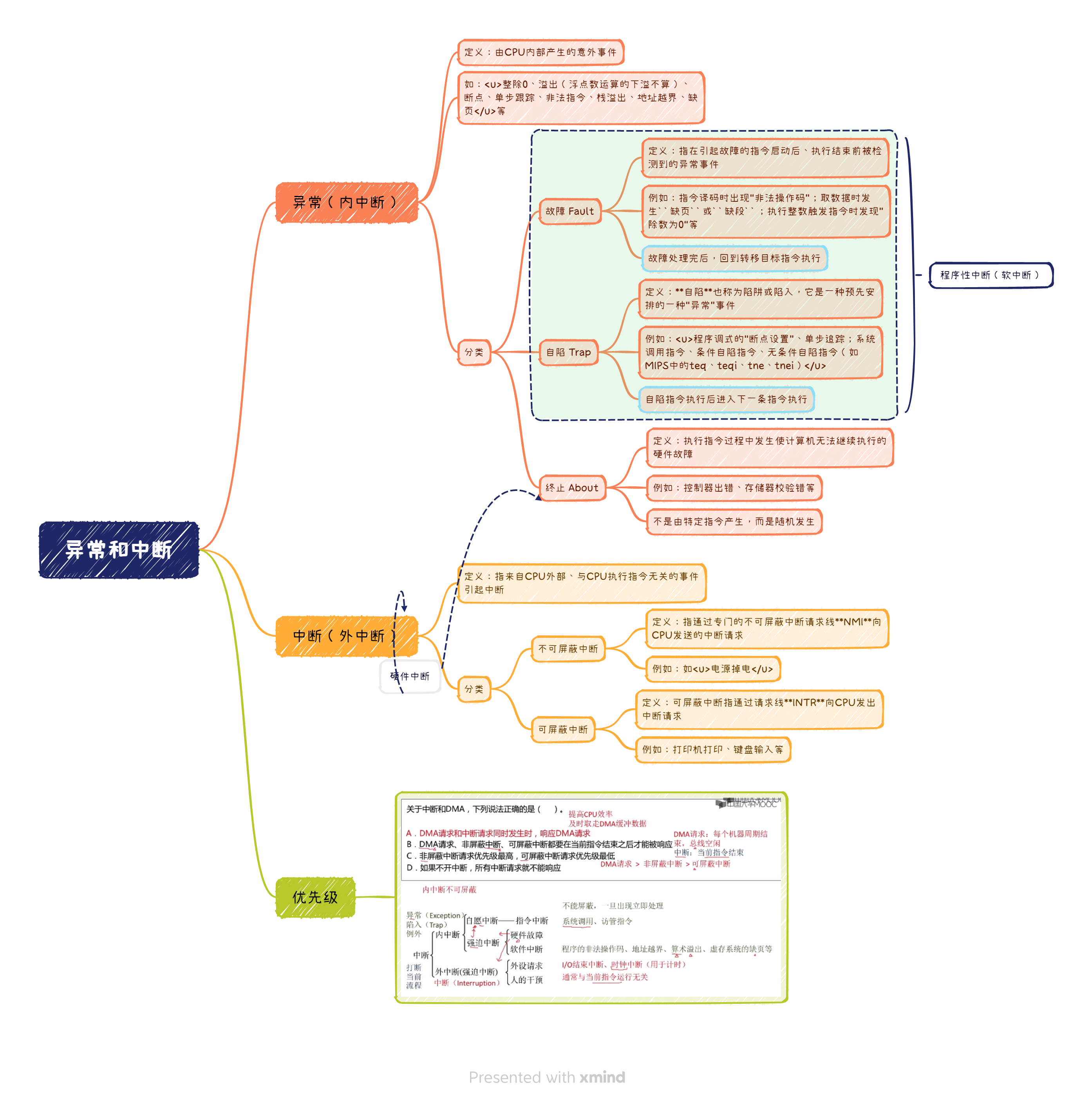lambda表达式是在C++11中引入的,它们可以嵌套在其它函数甚至函数调用语句中,C++11中lambda表达式的使用参考:https://blog.csdn.net/fengbingchun/article/details/52653313
lambda表达式语法如下:除capture和body是必须的,其它均是可选的
[capture] (params) mutable exception attribute -> return-type { body }这里介绍下C++14中对lambda表达式新增加的features:
1.generic lambda:lambda表达式与auto关键字组合,将auto用作参数类型,以下为测试代码:
namespace {//void print_elements(auto& C) // windows need to c++20
template<typename T>
void print_elements(const T& C)
{for (const auto& e : C)std::cout << e << " ";std::cout << "\n";
}}int test_lambda_14_1()
{// reference: https://www.geeksforgeeks.org/generalized-lambda-expressions-c14//* Under the hood, the C++ implementation uses the closure type’s operator() to overload a template functionstruct sum {template<typename T1, typename T2>auto operator()(T1 a, T2 b) const { return (a + b); }};*/auto sum = [](auto a, auto b) {return (a + b);};std::cout << "int sum:" << sum(10, 20) << "\n";std::cout << "float sum:" << sum(1.2f, 2.3f) << "\n";std::cout << "float sum:" << sum(10, 1.5f) << "\n";std::cout << "string sum:" << sum(std::string("csdn addr:"), std::string("https://blog.csdn.net/fengbingchun")) << "\n";auto greater = [](auto a, auto b) -> bool {return (a > b);};std::vector<int> vi = { 1, 4, 2, 6 };std::vector<float> vf = { 4.62f, 161.3f, 62.26f, 13.4f };std::vector<std::string> vs = { "Tom", "Harry", "Ram", "Shyam" };std::sort(vi.begin(), vi.end(), greater);std::sort(vf.begin(), vf.end(), greater);std::sort(vs.begin(), vs.end(), greater);print_elements(vi);print_elements(vf);print_elements(vs);std::vector<std::vector<int>> v = { {7, 8}, {1, 2}, {3, 7}, {4, 5} };std::sort(v.begin(), v.end(), [](std::vector<int>& a, std::vector<int>& b) {return (a[1] < b[1]);});for (int i = 0; i < v.size(); ++i) {for (int j = 0; j < v[0].size(); ++j) {std::cout << v[i][j] << " ";}std::cout << "\n";}return 0;
}执行结果如下图所示:

2.capture initializers:允许创建使用任意表达式初始化captures。初始化表达式在创建lambda时计算,而不是在调用时,以下为测试代码:
namespace { int factory(int i) { return i * 10; } }int test_lambda_14_2()
{// reference: https://github.com/AnthonyCalandra/modern-cpp-features#lambda-capture-initializersauto f = [x = factory(2)] { return x; };std::cout << "f:" << f() << "\n";auto generator = [x = 0]() mutable {// this would not compile without 'mutable' as we are modifying x on each callreturn x++;};auto a = generator();auto b = generator();auto c = generator();std::cout << "a:" << a << ",b:" << b << ",c:" << c << "\n";auto p = std::make_unique<int>(1);//auto task1 = [=] { *p = 5; }; // ERROR: std::unique_ptr cannot be copiedauto task2 = [p = std::move(p)] { *p = 5; return *p; }; // OK: p is move-constructed into the closure object// the original p is empty after task2 is createdif (!p)std::cout << "p is empty" << "\n";std::cout << "task2:" << task2() << "\n";auto x = 2;auto f2 = [&r = x, x = x * 10] {++r;return r + x;};std::cout << "f2:" << f2() << ",x:" << x << "\n";return 0;
}执行结果如下图所示:

GitHub:https://github.com/fengbingchun/Messy_Test





